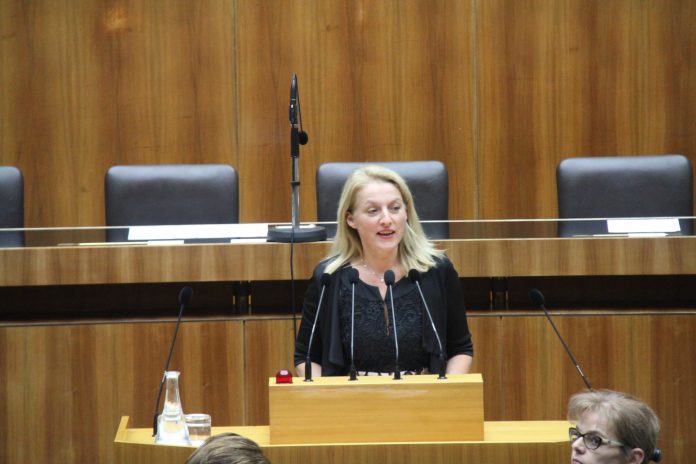The Chairs of the Gender Equality and Civil Liberties committees react to new Hungarian legislation that outlaws sharing information seen as promoting homosexuality with minors.
On Tuesday, Hungarian lawmakers passed legislation that prohibits sharing content with minors that is seen as promoting homosexuality or sex reassignment. The law, adopted almost unanimously (157 votes to 1), will also establish a searchable registry of convicted paedophiles and increase sentences for sex crimes against children. Evelyn Regner (S&D, AT), Chair of the Committee on Women’s Rights and Gender Equality declared: “Homophobic and transphobic policies in Hungary continue with this parliamentary vote. It is a worrying development how the rights of LGBTIQ people are being cut back bit by bit and the community is being made invisible. Such incitement is contrary to our fundamental European values, which we in the EU cannot turn a blind eye to any longer.” Juan Fernando López Aguilar (S&D, ES), Chair of the Committee on Civil Liberties, Justice and Home affairs, added: “Viktor Orbán‘s latest phoney aggression against the rights of LGBTIQ people to equal dignity is an ultimate breach of EU values altogether. More and more EU citizens wonder what Viktor Orbán’s Fidesz party is doing in the EU any longer, what his government has to do with the EU and for how long the EU is going to cope with it.”
In September 2018, Parliament demanded that the Council act to prevent the Hungarian authorities from breaching the EU’s founding values. MEPs were chiefly concerned about judicial independence, freedom of expression, corruption, the rights of minorities, and the situation of migrants and refugees. According to Article 7 of the Treaty, following these requests, the Council may determine that there is a clear risk of a serious breach of EU values in the countries concerned. This could eventually lead, at a later stage, to sanctions, such as voting rights being suspended in the Council.

